The Travels of Sir John Mandeville is a strange manuscript. This Medieval tale recounts the narrator’s supposed journey through the Eurasian continent. It features fanciful records of lands both real and fictional. According to the narrator, just beyond the horizon of Medieval Europe was a land of wonders and horrors; the wide world was a garden of earthly delights filled with mythical creatures and human cultures ranging from primitive and brutal to arcane and mysterious. Mandeville’s version of Eurasia includes men who harvest gold by tricking man-eating ants each day, precious stones that render men invincible, men who are half horse and who live amongst griffons, and many more fantastical items. (1) Despite the embellishments and fabrications which are quite obvious to the modern reader, The Travels was once a very popular book. For most Medieval Europeans, travel would never be an option, much less travel as far afield as India or China. It was through the whimsical lens of The Travels that many of these people experienced and understood, or perhaps misunderstood, the world beyond Europe. Although the comparison seems unequal now, Mandeville was often likened to Marco Polo whose own, far more credible, travel account introduced the Western world to the Silk Road several decades prior. (2)
Who was Sir John Mandeville?
Little is known about Sir John Mandeville, the alleged author of The Voyage and Travels of Sir John Mandeville, Knight. The title of this work is typically referred to as The Travels of Sir John Mandeville, or simply The Travels. This incredible text’s author is such a mystery that historians have been left to wonder: Did Sir John Mandeville really exist, and, if he did not, who wrote The Travels of Sir John Mandeville? Mandeville claims to be a knight who has traveled across the Eurasian continent, even serving under the Great Khan. Few details in The Travels point to Mandeville’s true identity, and his far-fetched stories serve to muddy the waters even further. Absent any evidence of his existence, and absent any conclusive evidence against his existence, debate continues regarding the facts of The Travels’ authorship.
Read More Weird History: The Strange Story of Mesmerism and its Namesake Franz Mesmer
When was The Travels of Sir John Mandeville Written?
What is known is this: sometime in the mid-fourteenth century, probably between 1356 and 1366, The Travels of Sir John Mandeville began to circulate. The original text was French, however within a decade or two the manuscript was so popular that it had been translated into several other major languages including a widely circulated English edition. By the year 1500, editions of The Travels of Sir John Mandeville were available in almost every European language, including Czech, Danish, and Irish. (4)
Who Wrote The Travels of Sir John Mandeville?
John Mandeville, as the narrator of The Travels, purports himself to be an English knight who has traveled the world, serving under the Great Khan and the Sultan of Egypt at various times. Although the text is originally French, it is possible that the author was English, as French was a commonly selected language for literature. Some historians believe that Mandeville was precisely who he presented himself to be, citing a British Mandeville family from Essex as evidence that he may have existed as described. Notably, John Mandeville of Essex is said to have disappeared for a period during which the author of The Travels may have been composing his work. (5)
Whether there is any truth to Mandeville’s claimed identity, one fact about the author is certain. This individual was well-read and had access to a great number of books. For this reason, some historians believe that Mandeville must have been a cleric, as this would have provided access to a wealth of records belonging to various religious orders.
A French chronicler by the name of Jean d’Outremeuse once claimed to know the identity of the mysterious author. He claimed that his acquaintance, a local physician in his hometown of Liege, had written The Travels. Jean d’Outremeuse goes so far, in fact, as to claim that this acquaintance confessed his identity upon his deathbed. Due to the ambitious and fanciful nature of d’Outremeuse’s own historical chronicle, some suspect that he himself authored The Travels. Jean d’Outremeuse’s work, The Mirror of History, is a fictionalized chronicle which claims to describe history from the biblical flood all the way to the fourteenth century. The nature of this chronicle is not dissimilar to Mandeville’s writing, so d’Outremeuse’s outspokenness about The Travels is considered highly suspicious by many. (6)
Notably, there are a great many scholars who believe the original author of The Travels to be French rather than English, perhaps due to the original editions French language. It was not entirely unheard of or even strange, however, for English speakers to compose literature in the French language at this time. (7)
Are the Travels of Sir John Mandeville True?
Obviously, no matter who wrote The Travels, this individual did not provide a truthful recounting of their own journeys and observations. No historian believes that Mandeville witnessed the “Well of Youth,” which keeps men eternally young, with his own two eyes. What is up for debate, however, is where exactly the line of truth is drawn. Did Mandeville, or whomever wrote as Mandeville, actually travel at all? Did the nuggets of accuracy scattered throughout The Travels arise solely from the books that the author read?
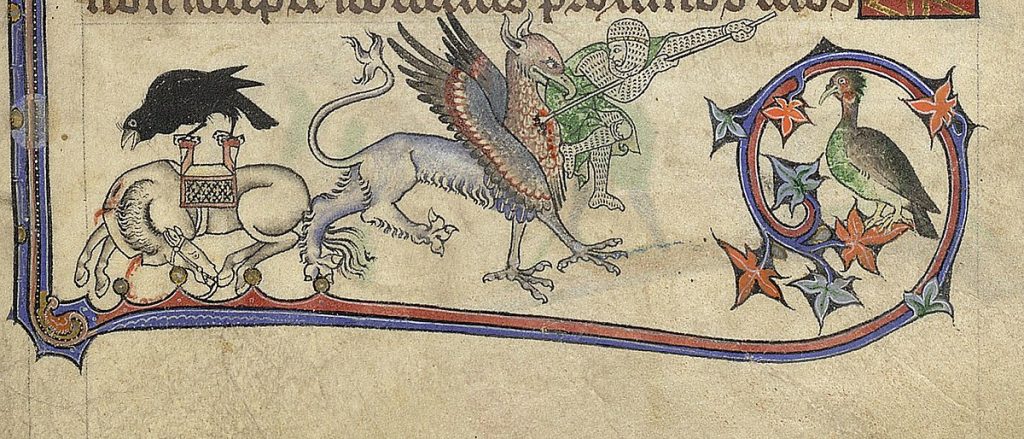
On the subject of books, about fifteen source books have been identified for The Travels. Most of these are encyclopedias. Geographical details as well as specific narratives from these sources can be found interwoven throughout The Travels. Some historians believe that, due to his extensive use of these sources, Mandeville’s narrator had likely never undertaken a journey abroad at all. (8)
Impact of The Travels
There is very little about The Travels of Sir John Mandeville that can be said in absolutes. The narrative is not absolutely false, though it is certainly not true. What is certain is the fact that Mandeville’s work is a massively influential piece of literature despite its many eccentricities and its relative obscurity today. Although non-historians may not now be familiar with this text, it is not the forgotten Medieval oddity that it appears to be. The mere fact that The Travels existed in so many languages proves the scope of its influence. Texts with much more literary staying power, like John Milton’s Paradise Lost and Sir Thomas More’s Utopia, are known to have been inspired by The Travels. Be he knight or cleric, earnest storyteller or thoughtless grifter, Sir John Mandeville has left a permanent mark on history.
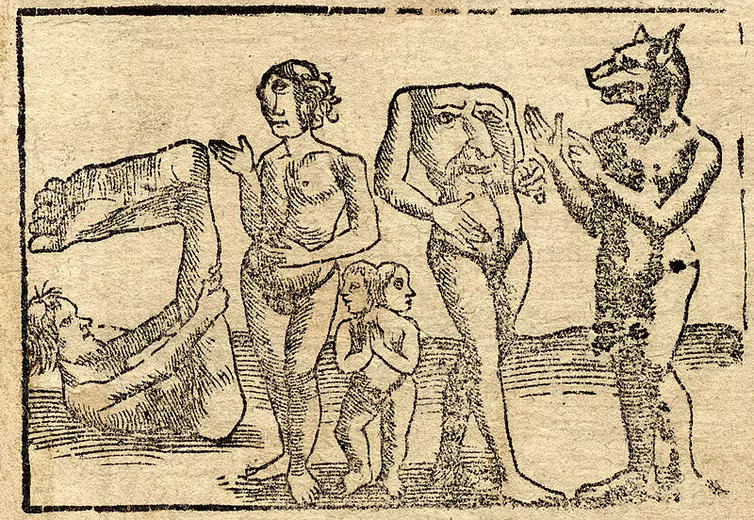
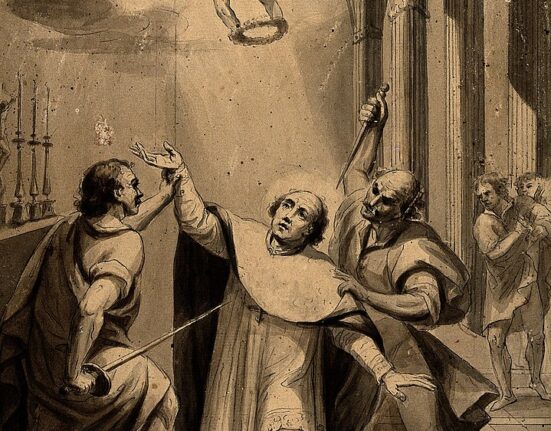

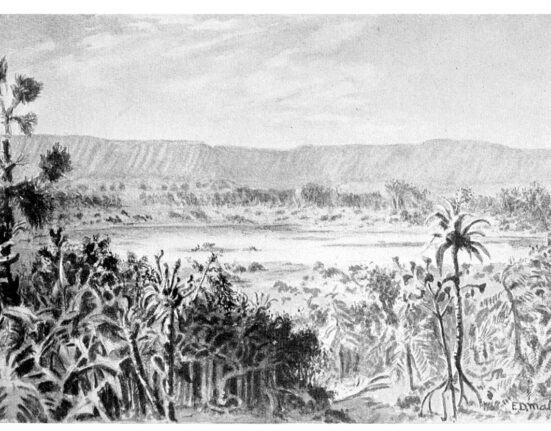

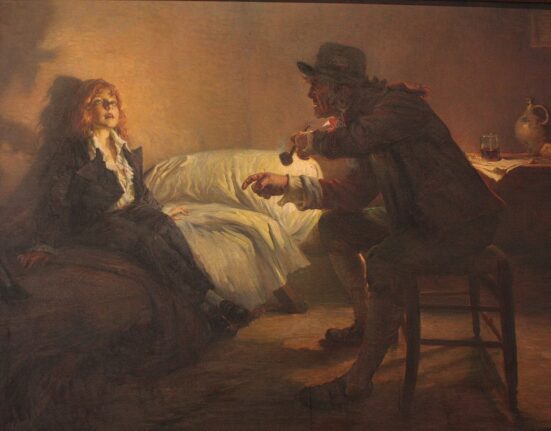
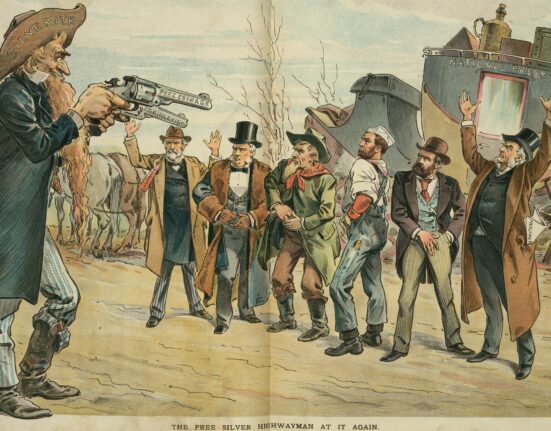
5 Comments